Penray Unveils Pencool 4000 Cooling System Treatment For Extended Life Coolants
Penray says this formulation adds specific benefits to ELCs used in commercial and heavy-duty vehicles and equipment, by providing excellent corrosion protection and extending the service life of the coolant. In doing so, it increases uptime, reduces maintenance costs and helps to extend the life of the vehicle by reducing engine wear, the company claims.
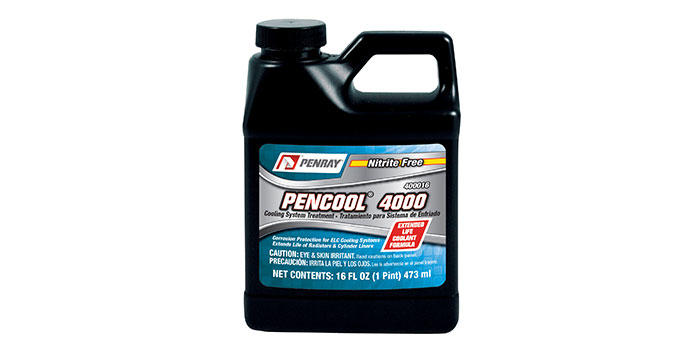
Electric Water Pump Replacement
We recently had a 2007 BMW Z4 with the N52 engine in the shop. When diagnosing a faulty electric water pump, the first thing that needs to be done is to verify if there are any water pump-related diagnostic codes. There’s a very good chance there will be some. I then like to perform a visual inspection, but don’t look for the water pump from the top of the engine. You’ll want to drop the lower panels, and you will see the pump on the lower right side of the engine.
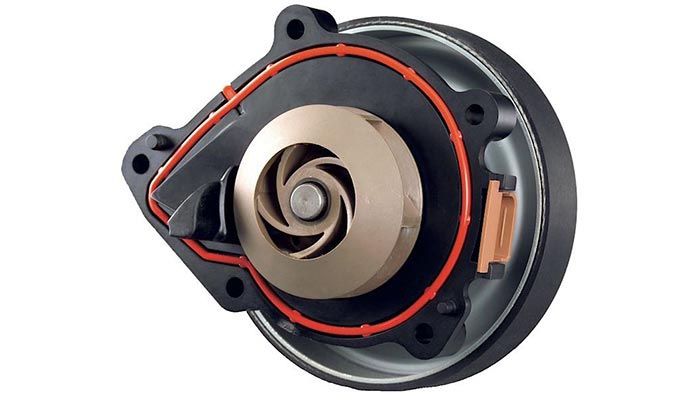
Coolant Transfusion: Proper Selection Prevents System Degradation
Coolant is mostly a mixture of ethylene glycol and water, with a small percentage being solvents, additives and inhibitors – but it’s the mixing and matching of those last pieces that really determine what coolant should be used and when. There are three main coolant buckets, defined by their different additive philosophies.
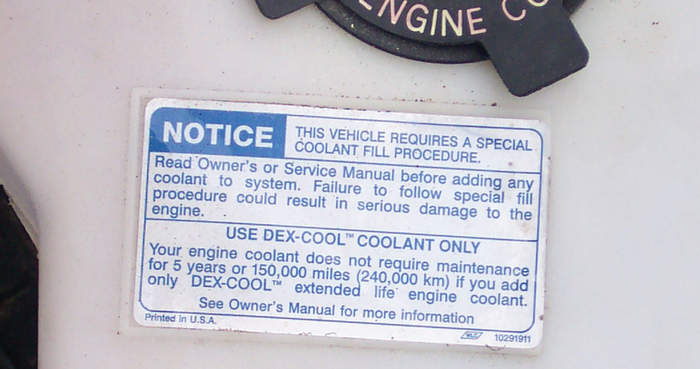
Coolant Condition: More Than Just A Wallet Flush
Coolant at 100,000 miles may look the same as coolant with zero miles. The real difference between good and bad coolant can’t be seen with the naked eye; it is in the chemistry. If you do determine that coolant is contaminated, the system has been damaged and new coolant will not help.
Check Out The November Issue Of Underhood Service Magazine
The digital version of the November issue of Underhood Service is available on-line. CLICK HERE to access the easy-to-view digital version that features articles on Serial Data Buses, GM 3800 Gasket Sealing Solutions, Fuel Pumps And Scan Tools, Late-Model GM Charging System Diagnostics, Water Pump Cavitation, Audi-VW Fuel System Diagnostics, a host of Tech Tips,
A New Look at Cooling System Technology
While changes in modern cooling system technology might not be apparent in day-to-day servicing, the fact is that auto manufacturers are continuing to increase fuel economy and power output by changing how the cooling system operates. But technical change has developed very gradually. In the beginning, a few turn-of-the-century auto manufacturers relied on a thermal-expansion
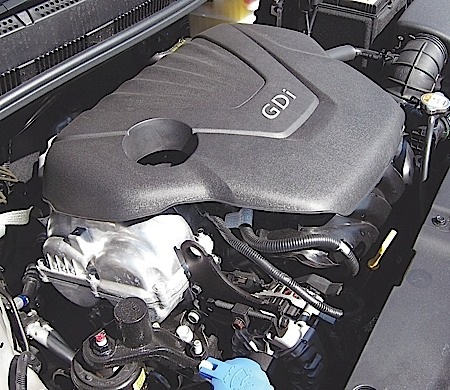
10 Paths to Water Pump Problems
Know your leaks Leaks are the most common sign of water pump failure, but what type of seepage are you seeing and what does it mean? A coolant leak coming from the weep hole is a sign of water pump bearing or seal failure. This weep hole often resides between seals that separate the oil

Maintaining The Cooling System On The 6.0L/7.3L Powerstroke Engine
One of the most overlooked preventive maintenance items in a diesel engine is the coolant system. Maintaining the coolant system is just as important as an oil change – in fact, the coolant condition in a diesel engine may even be more important than in a gasoline engine.
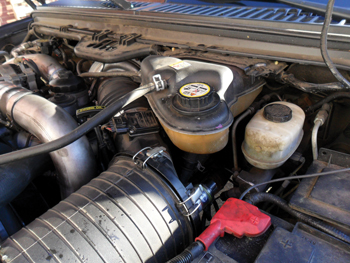
Evans Waterless Coolant Supporting Ocean To Ocean World Record Attempt
Evans waterless coolant will once again be the coolant choice for the Vintage Adventurer’s next world record attempt. Australian motoring enthusiast Rod Wade, aka the Vintage Adventurer, is preparing to set a new world record in the Ocean to Ocean Driving Challenge as he drives his 1930 Ford Model A, against the clock from New York to California.
Servicing The Chrysler 3.5L Engine
If ever there was a service opportunity ripe for the taking, Chrysler’s 3.5L SOHC V6 engine (and its 2.7L, 3.2L and 4.0L cousins) is it. This engine was introduced back in 1993 as an “upgrade” from the earlier 3.3L pushrod V6 engine. Some would question whether the move was a step forward or backward because the 3.5L V6 (and its variants) has a poor reputation for reliability. Lubrication issues, oil sludging, coolant leaks, overheating and low-mileage engine failures have plagued this engine family from the get-go.
